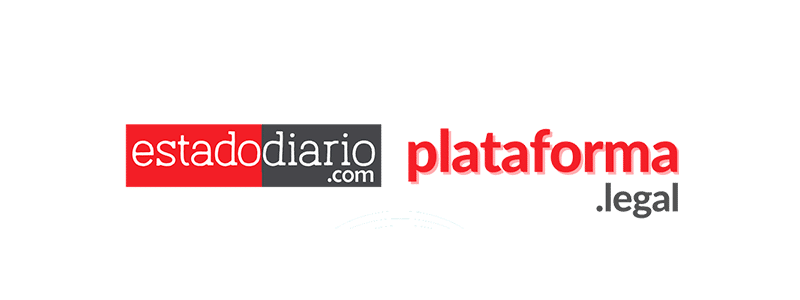We invite you to read the column written by our Compliance Group director, Yoab Bitran, where he addressed the decline of Diversity, Equity and Inclusion (DEI) initiatives in companies.
A couple of weeks ago, Walmart surprised by announcing that it would be ending some of its Diversity, Equity and Inclusion (DEI) initiatives. In its statement, the company said, “We’ve been on a journey, and we know we’re not perfect. But each of our decisions comes from the intention to foster a sense of belonging and open doors with opportunities for all our employees, consumers and suppliers. To be a Walmart for everyone.”
Along with this, the company announced that it would stop donating to a number of organizations linked to the defense of minority rights. And, more formally, the firm has stopped using the term DEI in corporate documents, and even the role of Diversity manager has been renamed Belonging manager.
Walmart is not the first North American company to move away from DEI initiatives, at least in the way they have been developed in recent years. The polarization and politicization of corporate agendas is deeply affecting noble causes such as promoting diversity and inclusion. In the US, there is already talk of backlash, as some consumer and activist groups threaten to boycott brands that promote woke agendas.
The same is true for ESG. It is well known what President-elect Trump thinks about the matter and some states have even passed legislation against ESG criteria in investment decisions. This context led BlackRock’s own CEO, one of the main drivers of ESG, to say that he “will no longer use the word ESG because it has been misused by the far left and the far right”.
While it is hard to deny their value and impact, we must acknowledge that the DEI and ESG frameworks have shown some shortcomings. One of the criticisms is that global regulations suffer from a certain lack of consistency and effectiveness, focusing almost exclusively on reporting or disclosure standards. There are even those who do not rule out their replacement as acronyms.
At the national level, the progress of regulation in various areas (such as the Karin Law) has been considered by some as excessive or disproportionate. It would be naive not to consider that in the short term we could face the backlash in Chile.
Those of us who are dedicated to compliance have the duty to protect the cause of raising standards of behavior and responsibility from politicization. What is relevant is not the DEI or ESG brand. At the end of the day, we all want companies with strong ethical cultures, free of harassment and corruption, environmentally responsible, and so on.
Therefore, what should unite and mobilize us, regardless of labels, is ethical leadership. We can all be ethical leaders, regardless of our origin, political position or position. It will be difficult for anyone to question that with more ethical leadership we will have better companies, better institutions and we will be contributing to a better society.
Column written by:
Yoab Bitran | Director Compliance Group | ybitran@az.cl




